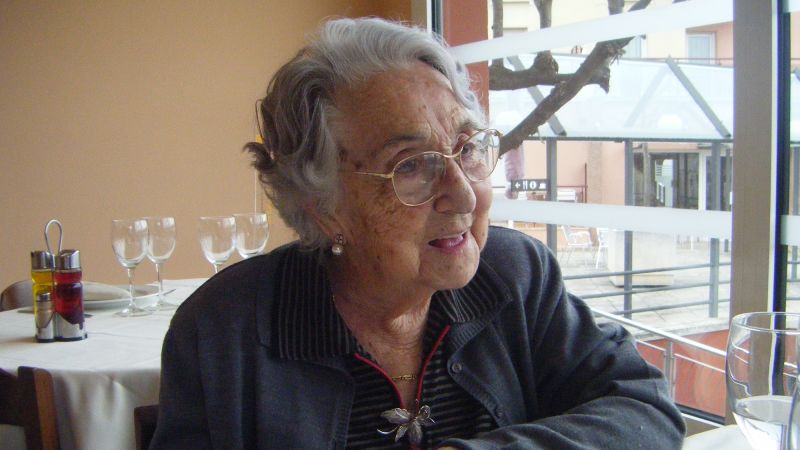Captive orchids
Dixon and his team already managed to grow a living, captive collection of Rhizanthella orchids with their fungi and bushes once, in the 1990s. That collection died around 2000 due human error, in the form of an unclear watering rota that left the plants dried out after one Christmas holiday, he says.
While frustrating, this did not seem as catastrophic at the time, Dixon says, given that back then, there was still a relatively healthy number of underground orchids left in the wild, around 180. But then, about four years ago, teams surveying the orchid in those reserves started coming back with alarming results: the wild population “seems to have collapsed”, Dixon says.
A captive collection would provide an important back-up, should the orchid really go extinct in the wild. So far, Dixon says, the process is looking promising. It involves the same process that was successfully used in the 1990s: growing Melaleuca bushes in pots, reviving stored fungi in the lab, and then putting the fungi and orchid seeds on the Melaleuca’s roots. Dixon says he has already successfully revived the fungi in a lab at the Orchid Research Facility at the University of Western Australia in Perth. The bushes, in pots, are also growing well, he says. The last step will be to use a little bit of precious, stored Rhizanthella seed – and then, hope that it germinates, and grows. While the quest to study and protect the orchid’s habitat involves a range of researchers and volunteers, when it comes to trying to grow the orchid in the lab, Dixon says it’s currently just him and “a band of hearty community volunteers”.
For Dixon, there is no question that the slow, painstaking process is worth it, as he carefully pieces together the fungus, the bush and the seeds. He does it, he says, “out of my great love, from when I was little, for the orchid”.
—
For essential climate news and hopeful developments to your inbox, sign up to the Future Earth newsletter, while The Essential List delivers a handpicked selection of features and insights twice a week.
For more science, technology, environment and health stories from the BBC, follow us on Facebook and Instagram.


